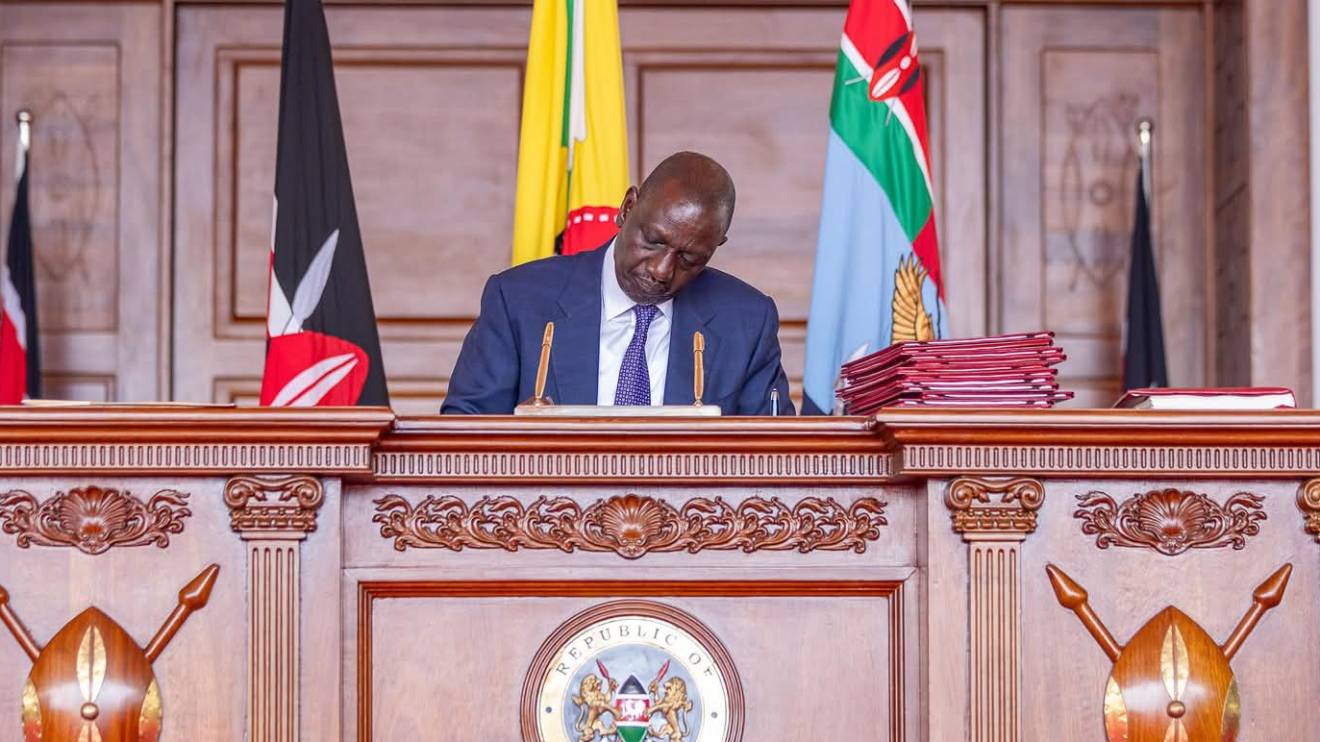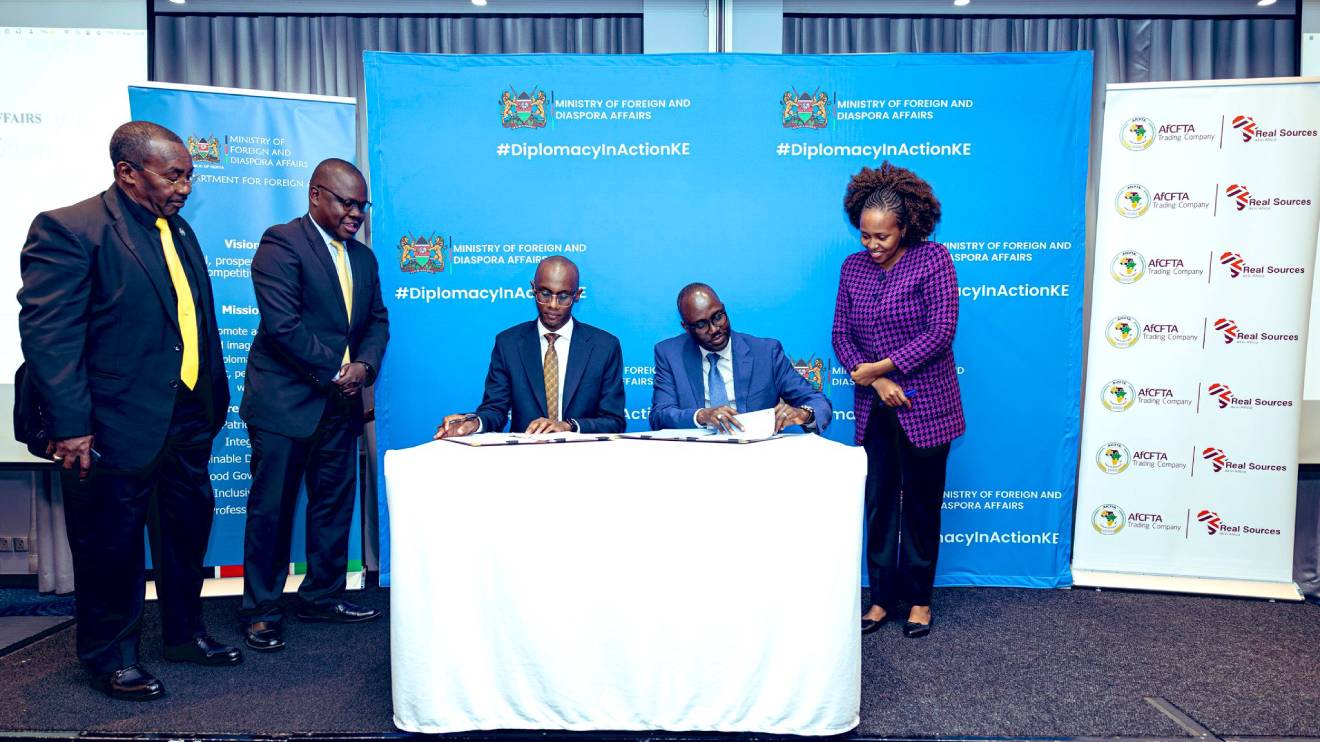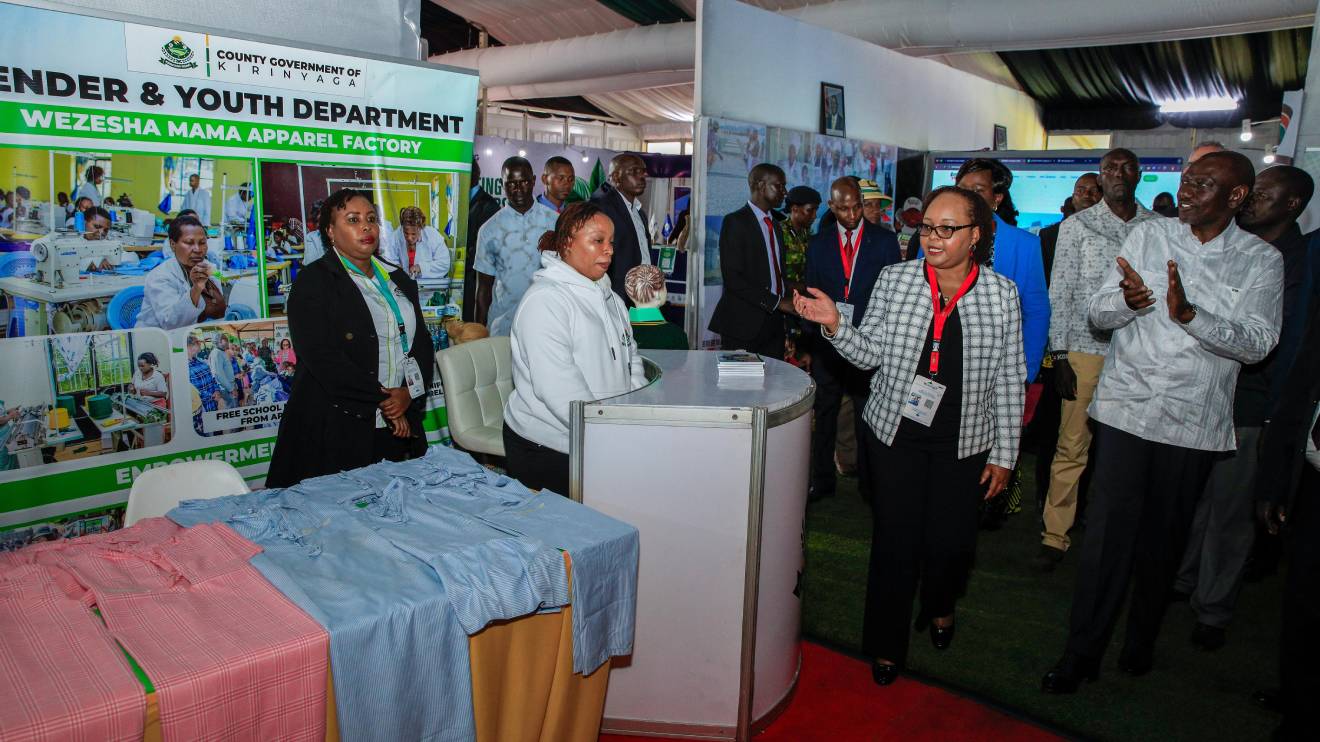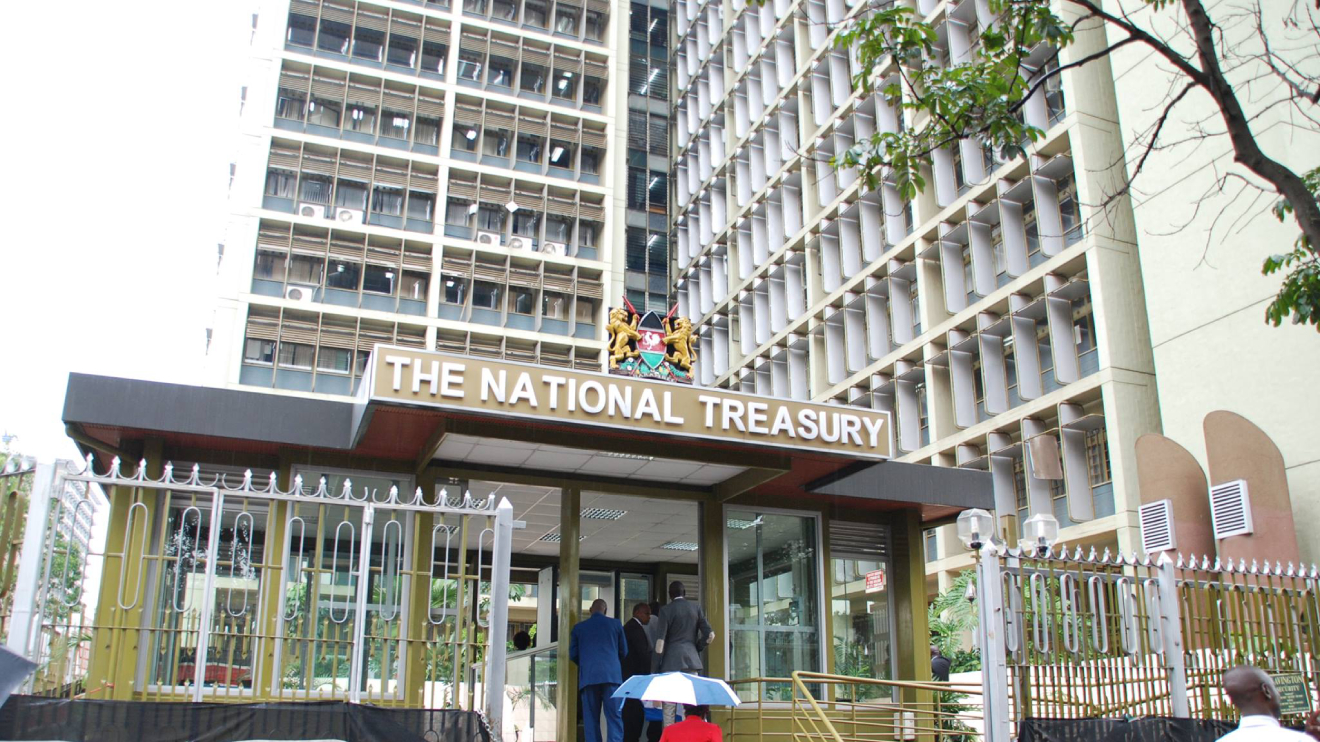In a historic move for the nation's healthcare system, President William Ruto assented to four pivotal health bills on Thursday, marking a momentous step towards the realization of his revamped Universal Health Coverage plan.
The bills, including the Social Health Insurance Act, Digital Health Act, Primary Healthcare Act, and the Facility Improvement Financing Act, were signed into law at Nairobi's State House, following unanimous approval by the National Assembly.
These significant legislative changes, widely praised by both the President and key government officials, promise to revolutionize Kenya's healthcare landscape and significantly enhance access to quality health services for all citizens.
Speaking with enthusiasm, President Ruto commended the efforts of stakeholders within the health sector, who contributed to the refinement and passage of these transformative bills.
He highlighted the historical significance of this achievement, saying, "We have to remember that this initiative failed during former President Mwai Kibaki's rule, but today, we have managed to achieve that. I have to congratulate both Houses. Through them, their sacrifice and commitment has been displayed, and it is for the betterment of Kenyans at large."
Read More
The President went on to outline the practical benefits of these new laws.
"Even those who didn't have cash to pay for health care will now be able to get health coverage. No Kenyan should be denied emergency medical health care," he stated.
Deputy President Rigathi Gachagua joined in the chorus of praise for lawmakers who passed the bills without amendments.
He highlighted the profound impact these legislative changes would have on the nation.
"A healthy nation breeds a prosperous nation. The impact will be felt on the ground, especially on preventive medicine as compared to curative medicine. It is a win for the local mwananchi," Gachagua emphasised.
In an official statement from the Ministry of Health, these laws were described as a pivotal moment in Kenya's healthcare journey.
"Today, His Excellency President William Ruto marked a pivotal moment in Kenya's healthcare journey by signing four critical bills into law," the ministry said.
"These laws, in conjunction with strategic policies, herald the most significant healthcare transformation since Kenya's independence."
The newly enacted bills are expected to address longstanding issues such as low health insurance coverage and the heavy burden of out-of-pocket costs, offering a lifeline to the nation's healthcare system.
" They address issues such as low health insurance coverage and burdensome out-of-pocket costs," MOH said.
The Social Health Insurance Act, which establishes the Social Health Authority and introduces three new funds, promises publicly funded primary healthcare, universal health insurance, and equitable access to quality health services.
The Primary Healthcare Act emphasizes preventive and promotive health services, with over 100,000 community health promoters set to improve healthcare accessibility and affordability.
The Facility Improvement Financing Act aims to empower public health facilities with autonomy and unified approaches, while the Digital Health Act will streamline technology adoption in healthcare, leading to enhanced data sharing and improved patient care.
The Ministry of Health highlighted the extensive public engagement and collaborative efforts of multiple stakeholders that contributed to this significant stride towards universal healthcare.
These newly enacted laws are expected to not only save lives but also empower communities and contribute to a healthier nation as a whole.
However, the transition to the Social Health Bill signifies a significant departure from the existing National Health Insurance Fund (NHIF) model.
Under this new legislation, it guarantees access to high-quality healthcare for all Kenyans, irrespective of their financial circumstances.
The implications of this transition are substantial. Kenyan citizens employed in the formal sector will now be required to contribute on a monthly basis, equivalent to 2.75 per cent of their earnings.
This contribution will be subject to a minimum threshold of Sh300, while the maximum cap is set at Sh5,000.

-1697732675.jpeg)










